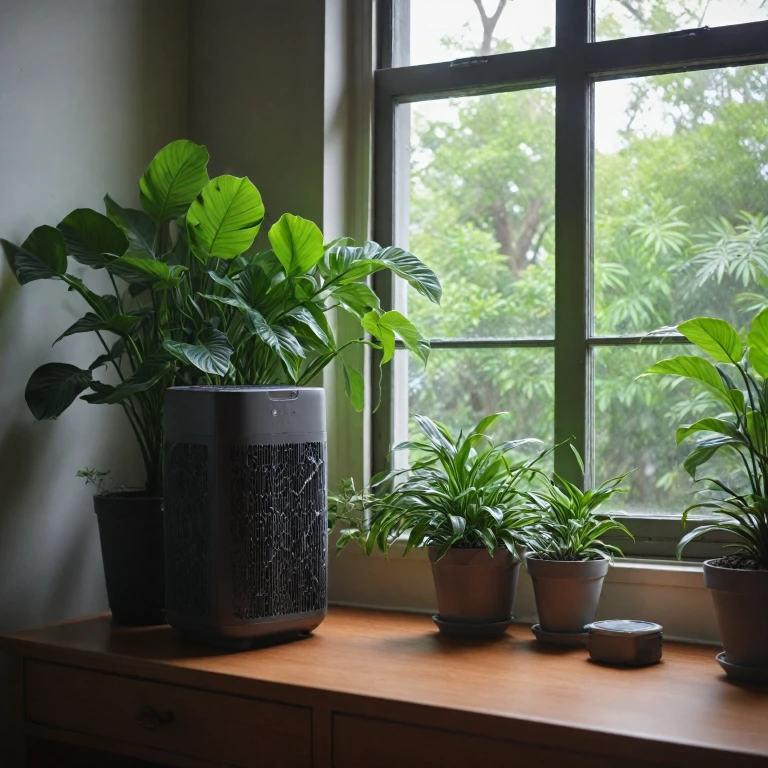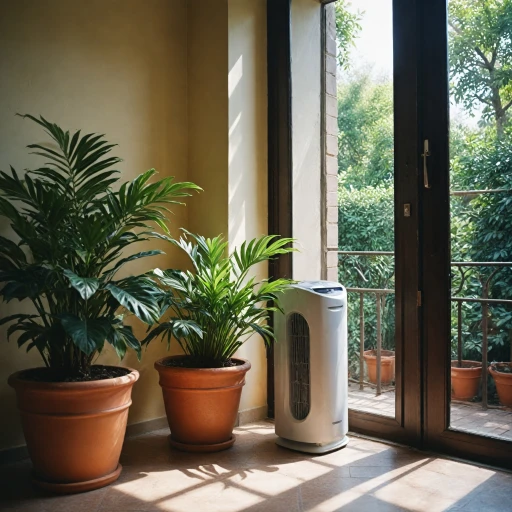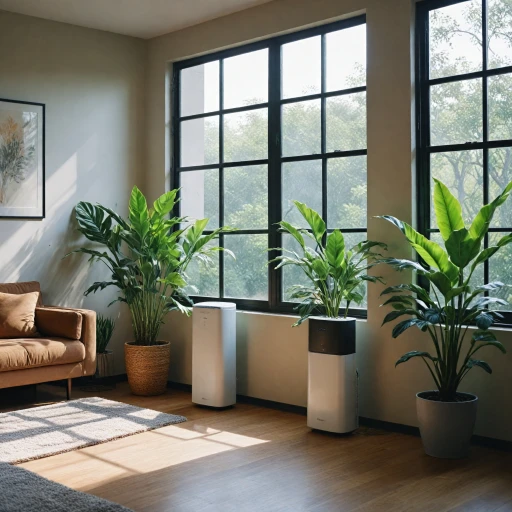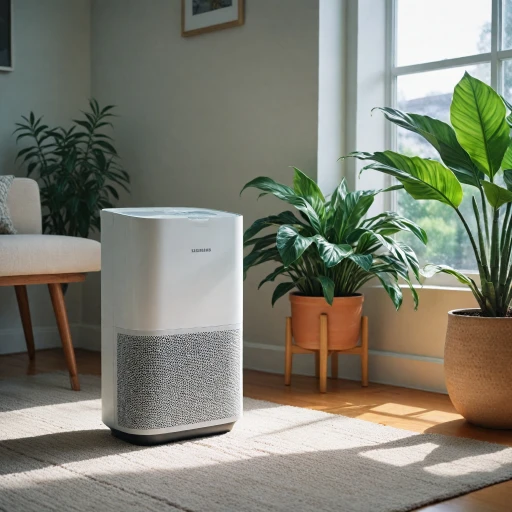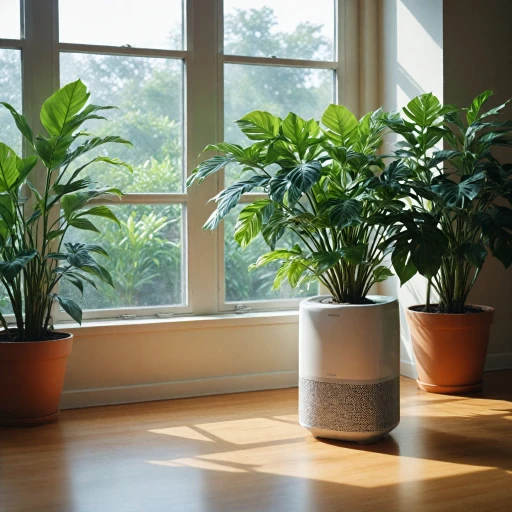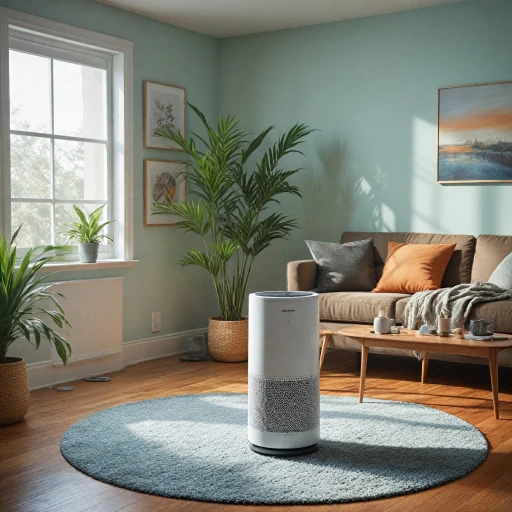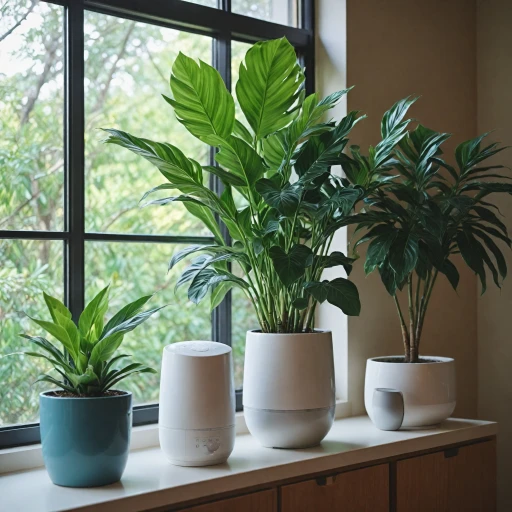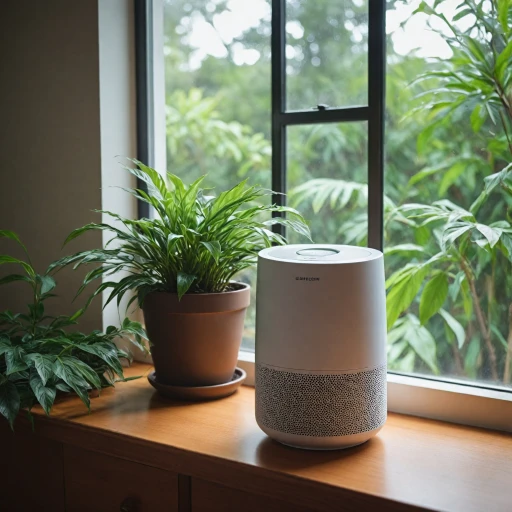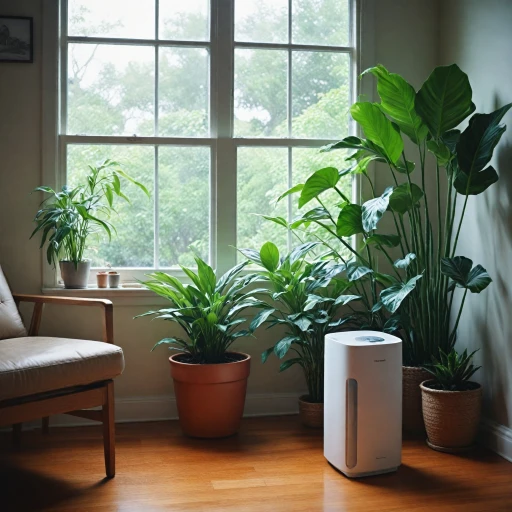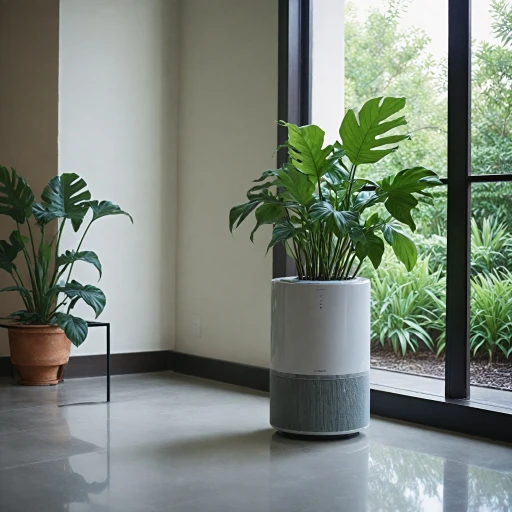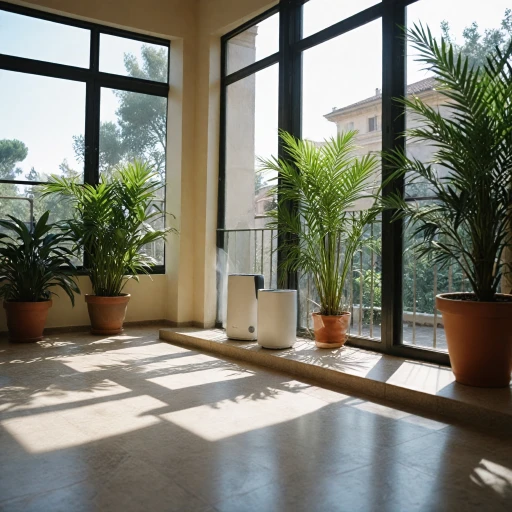
What is a Charcoal Filter?
Understanding Charcoal Filters in Air Purifiers
Charcoal filters, also referred to as activated carbon filters, play a pivotal role in purifying air. By using carbon treated to increase its absorption capacity, these filters effectively trap pollutants. Charcoal, a product of burnt organic materials like wood, is processed further to enhance its ability to absorb and filter out contaminants from the air. This activated charcoal boasts millions of tiny pores that capture and hold odors, gases, and chemical vapors, making it a popular choice for indoor air purification. The concept is straightforward yet ingenious: increasing the surface area of carbon particles allows them to soak up more unwanted substances from the air. This type of filter is not limited to air purification. Charcoal filters are widely used in water filtration systems, coffee machines like those from Cuisinart, and even range hoods. In these cases, the principles remain the same—trap particles and improve the quality of what passes through. For those curious about how charcoal filters compare with other types or how they work in conjunction with water filters, there are various options to consider. From premium, high-efficiency designs to budget-friendly packs of filters, the range is extensive, allowing you to choose a product that meets your specific needs. The use of activated carbon in air and water filters not only enhances the purity but also increases the efficacy and lifespan of the filter. However, like any filtration system, regular maintenance and timely replacement of the cartridge are necessary to ensure optimal performance. You can learn more about charcoal filters in detail, delving into their myriad benefits and why they remain a staple in both air purifiers and other filtration devices.How Charcoal Filters Work
How Does the Process Work?
Understanding the way charcoal filters function is key to appreciating their value in various air purification products. At the heart of these filters is activated carbon, a form of charcoal that's been treated to increase its porousness, making it exceptionally efficient at trapping impurities.
During the purification process, air laden with pollutants and odors is drawn over the charcoal filter. The activated carbon works its magic by utilizing a process called adsorption. Unlike absorption, where products are taken in and fill up the filtering medium, adsorption captures unwanted substances onto the charcoal's vast surface area. This design allows even microscopic particles to be trapped. In practical terms, this means activated charcoal is adept at eliminating gases, odors, and volatile organic compounds from the air, enhancing the indoor atmosphere.
This mechanism is not limited to just air filters found in range hoods or air purifiers. The concept extends to charcoal water filters used in water filtration systems. Here, similar principles apply as the activated carbon filter efficiently traps impurities from water, ensuring clean and safe drinking water.
Considering the efficiency of charcoal water and air filters, it's easy to see why they are a popular choice among high-rating products. Whether you're dealing with a pack of air filters or a single replacement cartridge, investing in a carbon air purifier can significantly improve the quality of air and water you consume.
Benefits of Using Charcoal Filters
Advantages of Charcoal Filters for Air Quality
Charcoal filters are an essential component in many air purification systems, offering a range of benefits that enhance indoor air quality. Activated charcoal is known for its remarkable ability to adsorb odors, pollutants, and airborne chemicals, making it a critical element in both air and water filters.
- Odor Reduction: The porosity of charcoal allows it to trap odors effectively, providing a fresher indoor environment. This characteristic is beneficial in various settings, from homes to commercial spaces.
- Removal of Volatile Organic Compounds (VOCs): Charcoal filters excel at removing VOCs, which are harmful compounds emitted by household products such as paints and cleaning supplies. This feature ensures a healthier living space.
- Improved Air Quality: Activated carbon filters can capture allergens and particulate matter, significantly improving the overall quality of air. This enhancement is particularly beneficial for individuals with allergies or asthma.
- Versatile Applications: These filters are not limited to air purifiers. They are also used in water filters, providing clean, odor-free water. Additionally, charcoal water filters in kitchen appliances like coffee makers, particularly in brands such as Cuisinart, enhance the taste and quality of brewed beverages.
- Cost-Effectiveness and Accessibility: Charcoal filters are available in various design options, offering different price points to suit various budgets. From premium products to affordable packs readily available on the market, there are plenty of choices for consumers.
- Ease of Replacement: Many air purifiers come with simple methods for replacing the charcoal filter, ensuring the product remains efficient without extensive maintenance efforts.
By incorporating charcoal or activated carbon filters into your air purification strategy, you can enjoy these substantial benefits. Whether you're concerned about allergens, odors, or chemical exposure, these filters play a vital role in enhancing your indoor environment's safety and comfort.
Comparing Charcoal Filters to Other Filter Types
Comparing Charcoal Filters with Alternatives
When seeking an air purifier, the choice of filter can significantly impact performance, cost, and maintenance requirements. Charcoal filters, often referred to as activated carbon filters, are a popular choice due to their unique ability to remove odors and volatile organic compounds (VOCs) from the air. Here’s how charcoal filters stack up against other types of filters:- Performance: Charcoal filters excel at adsorbing gaseous pollutants and odors, thanks to their highly porous nature. This capability is particularly beneficial in households with smokers, pets, or strong cooking smells. Other filter types, such as HEPA filters, are better suited for capturing particulate matter like dust and pollen, rather than gases and odors.
- Versatility: Charcoal filter systems can be used in a broad range of applications – from air purifiers and coffee machines like those from Cuisinart, to water filtration systems, effectively enhancing air and water quality alike.
- Cost: Generally, charcoal filters offer a competitive price point, often sold in a pack, making them an affordable choice for regular upkeep. However, they usually require more frequent replacement compared to other filters, depending upon the air quality and product usage.
- Maintenance: With a shorter lifespan than electrostatic or washable filters, activated charcoal products need periodic replacement to maintain effectiveness. This results in a moderate to high level of maintenance, although most users find the benefits outweigh the effort.
Choosing the Right Charcoal Filter for Your Needs
Finding the Perfect Charcoal Filter for Your Specific Needs
Selecting the right charcoal filter can significantly impact the efficiency of your air purifier. To make an informed decision, consider the following factors:- Compatibility: Not all charcoal filters are designed the same. Ensure the filter you choose is compatible with your air purifier, water filter, or any other device you intend to use it with. Check the manufacturer's recommendations for the best fit.
- Type of Filter: Depending on your needs, you might require a specific design, such as a charcoal water filter for reducing impurities in beverages, a carbon filter for smoke and odor elimination in air filter systems, or replacement cartridges tailored for coffee machines like Cuisinart coffee makers.
- Activated Carbon Quality: The effectiveness of a charcoal filter often depends on its activated carbon content. Opt for products that offer premium activated charcoal to ensure maximal absorption capabilities. Better quality often translates to improved purification performance.
- Pack Options: Consider purchasing multipack offerings, especially if you expect frequent replacements. Brands often provide filters sold in packs to address varying consumer needs, offering both value and convenience. Compare pack stars ratings to ensure product reliability.
- Price and Value: While it may be tempting to select the least expensive option, focusing on the price alone might not yield the most efficient results. Consider filters that provide a balance between cost and performance, ensuring long-term value.
- Brand Reputation: Brands such as Cuisinart have established trust among consumers with their quality water and air purifiers. Evaluating trusted brands might provide a better assurance of the product’s efficiency and longevity.
Maintenance and Replacement of Charcoal Filters
Caring for Your Charcoal Filter: Maintenance and Replacement Tips
Keeping your air purifier's charcoal filter in top-notch condition is crucial for ensuring optimal air quality. Regular maintenance and timely replacement are key to extending the life of your purifier and maintaining its efficiency. Here's how you can care for your charcoal filter:- Regular Cleaning: While charcoal filters are not washable, it's important to keep your air purifier clean overall. Gently vacuum around the filter area to remove dust and debris, which can otherwise impede airflow.
- Filter Lifespan: Pay attention to the specific lifespan of your charcoal filter, as these can vary by product. For many models, you may need a replacement charcoal filter every six months, though some premium filters may last longer.
- Replacement Indicators: Some air purifiers come with a filter change indicator. If your model has this feature, make sure to utilize it. Otherwise, keep a record of your last filter change and plan replacements accordingly.
- Choosing a Replacement: When selecting a replacement cartridge, ensure it matches the design and specifications of your purifier. Consider options that feature activated charcoal for better pollutant absorption.
- Budget-Friendly Choices: Look for pack stars deals where you can get multiple filters in one order, offering better value for the price.

